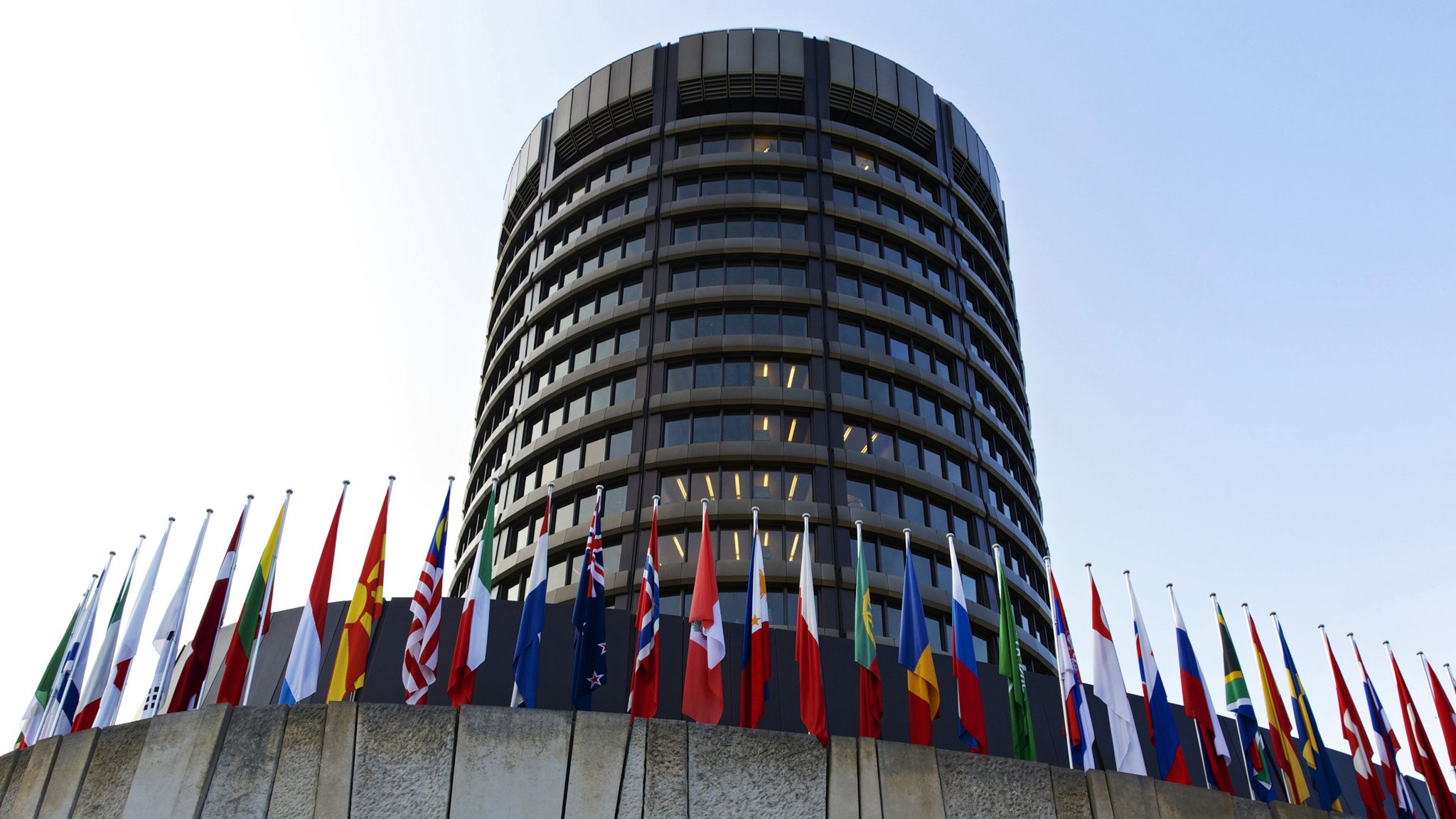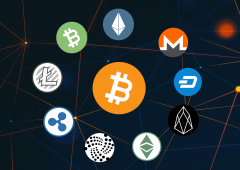Tensions Rise as Global Financial Body Pushes for Tighter Crypto Oversight
20.04.2025 10:00 2 min. read Alexander Stefanov
A new report by the Bank for International Settlements has reignited the clash between traditional financial authorities and the crypto world.
Framed as a call to limit the potential risks of digital assets infiltrating conventional markets, the BIS paper has not gone down well with Web3 advocates.
Rather than proposing a ban, the BIS suggests a regulatory firewall between crypto and traditional finance, fearing spillover effects as DeFi platforms increasingly mimic the functions of banks and asset managers.
The report points to risks hidden beneath crypto’s transparent surfaces—such as scams, user confusion, and anonymity-driven recklessness—as reasons for stricter oversight. It even questions whether the open nature of blockchain actually improves clarity for users.
These suggestions have triggered fierce pushback. Critics argue that the BIS misunderstands how DeFi works. CoinFund’s Christopher Perkins slammed the recommendations as not only out of touch but harmful, warning that such restrictions could amplify the very instability regulators aim to avoid.
He emphasized that open-source code is inherently more transparent than the traditional financial machinery BIS seeks to protect.
Others, like Curve’s founder Michael Egorov, offered less nuance—flatly rejecting the BIS stance with a call to boycott.
As DeFi weaves deeper into the fabric of global finance, the gap between institutional oversight and crypto-native values appears wider than ever. What one side views as risk, the other sees as progress. And for now, there’s little sign of either backing down.
-
1
Senate Confirms Crypto-Linked Nominee Jonathan Gould to Head OCC
11.07.2025 9:00 2 min. read -
2
South Korea Urges Asset Managers to Limit Exposure to Crypto Stock Like Coinbase,MicroStrategy
23.07.2025 10:00 1 min. read -
3
U.S. Regulators Define Crypto Custody Rules for Banks
15.07.2025 9:00 1 min. read -
4
Indonesia Triples Crypto Transaction Volume, Introduces New Tax Regime
30.07.2025 14:00 2 min. read -
5
Crypto Legislation Moves Forward Amid GOP Infighting Over CBDC Ban
17.07.2025 6:30 2 min. read
Indonesia Triples Crypto Transaction Volume, Introduces New Tax Regime
Indonesia’s cryptocurrency sector saw explosive growth in 2024, with the total transaction value of crypto assets tripling year-on-year to over 650 trillion rupiah ($39.67 billion), according to data from the country’s financial regulator.
American Senator Introduces Bill to Count Crypto in Mortgage Eligibility
U.S. Senator Cynthia Lummis (R-Wyo.) has introduced the 21st Century Mortgage Act, a landmark bill that seeks to modernize federal home loan underwriting by including digital assets in mortgage eligibility assessments.
SEC Approves in-kind Creation and Redemption for Crypto ETPs, Marking Regulatory Shift
In a major development for the U.S. digital asset market, the Securities and Exchange Commission (SEC) has approved in-kind creation and redemption mechanisms for crypto asset exchange-traded products (ETPs), including those tied to Bitcoin and Ethereum.
Hong Kong to Launch Stablecoin Licensing Regime on August 1, 2025
The Hong Kong Monetary Authority (HKMA) has officially released documentation outlining its upcoming stablecoin issuer licensing framework, which is set to take effect on August 1, 2025.
-
1
Senate Confirms Crypto-Linked Nominee Jonathan Gould to Head OCC
11.07.2025 9:00 2 min. read -
2
South Korea Urges Asset Managers to Limit Exposure to Crypto Stock Like Coinbase,MicroStrategy
23.07.2025 10:00 1 min. read -
3
U.S. Regulators Define Crypto Custody Rules for Banks
15.07.2025 9:00 1 min. read -
4
Indonesia Triples Crypto Transaction Volume, Introduces New Tax Regime
30.07.2025 14:00 2 min. read -
5
Crypto Legislation Moves Forward Amid GOP Infighting Over CBDC Ban
17.07.2025 6:30 2 min. read


